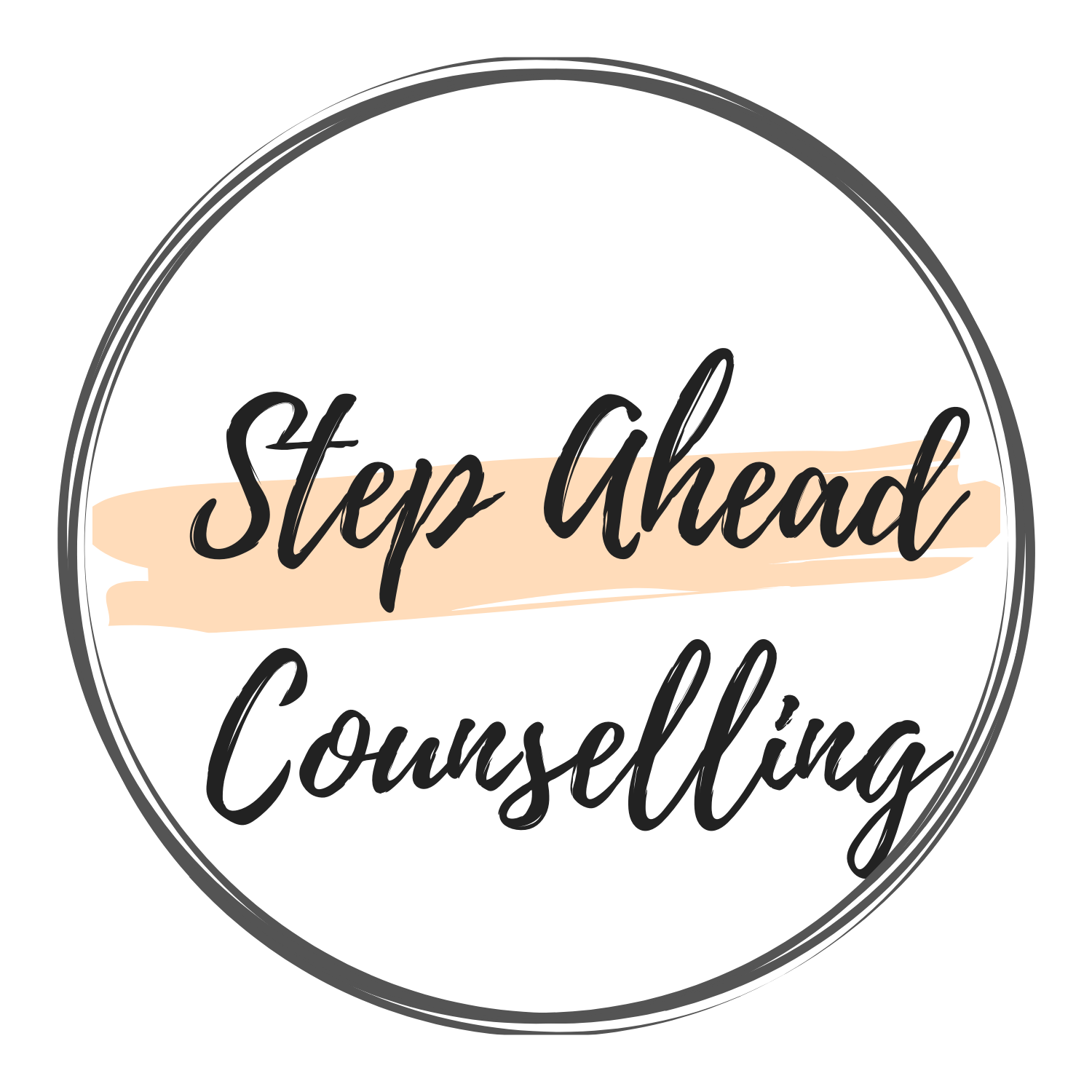‘No’ is a complete sentence.
“No” is a word most of us use too infrequently. And, what’s worse, when we say “No” we usually add on all sorts of unnecessary explanations. I get it, saying ‘No” can be difficult. But what’s so hard about saying “No”? Well, to start with, it can hurt or disappoint the person you’re saying “No” to, and that doesn’t make us feel good. Additionally, societal messages often shame and guilt us into saying “Yes” when we mean “No,” and teaches us to focus on, and take care of others, rather than prioritising ourselves. But learning to say “No,” is a critical part of healthy emotional development and self-esteem.
Why you should add “No” to your vocabulary
Requests for your time and energy are coming in all the time—from family, friends, neighbours, children, colleagues, etc. In order to stay aligned with your truth and how you would like to prioritise your life whilst minimising stress, you need to learn the gentle art of saying no. Saying “No” helps create personal boundaries that allow us to focus our time on doing the things that are the most meaningful and impactful in our life.
Being able to say “No” can also help us to be more honest and authentic with others. Additionally, by prioritising yourself and saying “No”, people may learn to respect your ‘yes’ rather than take it for granted.
How to say “No”
A helpful strategy that can enable you to say “No” with greater ease is to gain clarity around the kinds of things to which you want to say yes. Is it your health, is it a saving goals, or perhaps you want to devote your free time to a particular cause? Make a list of your top three priorities (and know that they may change). Then, when someone requests something of you, check to see if it will serve any of the things you declared you wanted to put your time and energy towards. If the answer is yes, feel free to respond accordingly. However, if the answer is no, now is the time to value your time and make yourself a priority and politely decline with ‘no”.
Help! I am still feeling uncomfortable saying “No”.
“No” has been branded by today’s society as a negative word. There is so much pressure on what you feel you ‘should’ do, and being perceived as polite and nice, but being nice and saying yes all the time only hurts you. When you find yourself worrying about saying ”No” to a request that you are pre-empting, it may be helpful to start practicing saying “No” in front of a mirror. Practice saying it until you say it with the conviction and confidence that a two-year-old would say when you tell them it’s bedtime.
To help empower you, try not to overcompensate by apologising when you say “No”. Whilst politeness is important, apologizing can make you sound weaker. When you say “No”, realize that you have nothing to feel bad about. You have every right to ensure you have time for the things that are important to you.
If you are still struggling to say “No”, you may also try:
“I already have plans that night”
“Something has come up and I won’t be able to make it”
“I can recommend someone to help you”
“I need to focus on myself right now”
Saying “No” to others, is saying “Yes” to yourself
It may not be easy saying “No” initially, but once you practice and it becomes part of your repertoire, you will find that you are less stressed and more focused on the things that really matter to you. There’s no need to feel guilty about prioritising your personal life and relationships in a way that feels good to you.
Remember, saying “No” isn’t about being mean and denying someone else. Rest assured, the people you say “No” to will be resourceful in finding another solution. Saying “No” is about taking care of your time, energy, and sanity. Once you learn how to say no in a healthy way, people will respect your willingness to practice self-care and prioritisation.
If you struggle saying “No” or applying healthy boundaries in your relationships, counselling can support you. Visit Step Ahead Counselling for more information.
